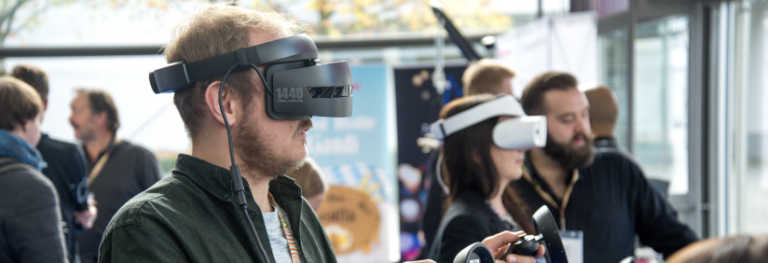Image from BBC
In recent years, healthcare innovation has revolutionized the way we approach medical treatment and research. With advancements in technology and research, healthcare professionals are now able to provide more accurate diagnoses, personalised treatment plans, and improved patient outcomes. Let’s explore some of the key developments in healthcare innovation that are shaping the future of medicine.
Artificial Intelligence in Healthcare
One of the most significant advancements in healthcare innovation is the integration of artificial intelligence (AI) into medical practice. AI algorithms can analyze vast amounts of data to identify patterns and trends that may not be apparent to human healthcare providers. For example, AI-powered diagnostic tools can help detect diseases at an early stage, leading to better treatment outcomes.
Example: IBM Watson
IBM Watson is a prime example of how AI is transforming healthcare. This cognitive computing system can analyze medical data and provide insights to help doctors make more informed decisions. In one study, IBM Watson was able to diagnose a rare form of leukemia in a patient that had stumped doctors for months.
Telemedicine
Telemedicine has also played a crucial role in healthcare innovation by enabling patients to consult with healthcare providers remotely. This technology has become especially important during the COVID-19 pandemic, allowing patients to receive medical care without risking exposure to the virus.
Benefits of Telemedicine:
- Increased access to healthcare for rural and underserved populations
- Convenience for patients who may have difficulty traveling to a healthcare facility
- Reduced healthcare costs for both patients and providers
Genomic Medicine
Advancements in genomic medicine have also revolutionized healthcare by allowing for personalized treatment plans based on an individual’s genetic makeup. By analyzing a patient’s genetic information, healthcare providers can tailor treatment to target specific genes or mutations that may be causing a disease.
Case Study: Precision Medicine Initiative
The Precision Medicine Initiative launched by the National Institutes of Health aims to accelerate the use of genomic data in healthcare. By collecting and analysing genetic information from a large number of individuals, researchers hope to uncover new insights into the genetic basis of diseases and develop targeted therapies.
Healthcare innovation has transformed the way we approach medical treatment and research. From artificial intelligence to telemedicine and genomic medicine, these advancements are improving patient outcomes, increasing access to care, and driving personalized treatment plans. As technology continues to evolve, the future of healthcare looks promising with endless possibilities for innovation and improvement.































+ There are no comments
Add yours